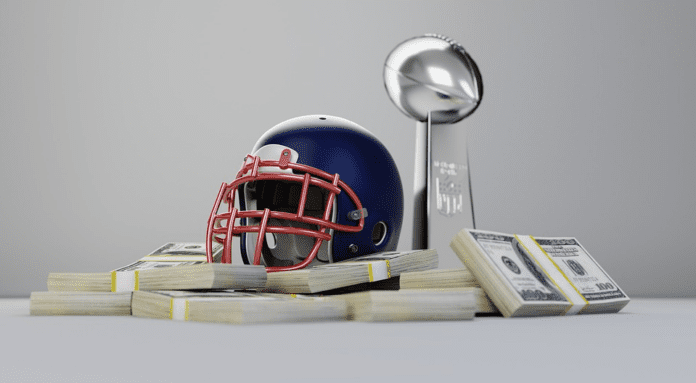Sports betting isn’t just about guessing winners—it’s about making informed decisions. Sportsbook odds play a crucial role in shaping a solid betting strategy, offering valuable insights beyond just the numbers. These odds aren’t randomly assigned; they’re carefully calculated using statistical models, market analysis, and risk management techniques. Whether it’s an NFL point spread, an NBA moneyline, or NCAAB totals, sportsbooks use a mix of data and strategy to set odds that keep betting competitive while safeguarding their profits.
The Role of Probability and Margin
At their foundations, sports betting odds represent the probability of an event occurring. If a team has a higher chance of winning, the odds will reflect that by offering a lower payout. However, sportsbooks don’t simply translate probability into odds—they build in a margin, often called the “vig” or “juice,” which guarantees profit regardless of the outcome.
For example, in an NBA game where two teams have nearly equal chances, a sportsbook may set both teams at -110 instead of the true even-money odds of +100. This small adjustment ensures the book collects a percentage of all wagers placed.
Data, Algorithms, and Adjustments
Oddsmakers don’t rely on gut feelings. They use advanced algorithms and vast amounts of data to determine fair odds. These calculations factor in team performance, injuries, weather conditions, and betting trends.
In the NFL, for instance, point spreads often shift based on injury reports. If a star quarterback is ruled out, the line moves accordingly. In college basketball (NCAAB), where teams can vary greatly in skill level, oddsmakers may weigh strength of schedule and past performances more heavily than in a more balanced league like the NBA.
Sportsbooks constantly update their numbers based on latest sport updates, ensuring that odds reflect the most current information available. Whether it’s a last-minute lineup change, a coaching decision, or unexpected weather conditions affecting an outdoor game, these updates influence how betting lines are set and adjusted in real time.
Market Influence and Line Movement
Once sportsbooks release their initial odds, the market takes over. Bettors’ actions cause adjustments. If heavy money comes in on one side, sportsbooks will shift the line to encourage action on the other team and balance their liability.
Major sportsbooks like FanDuel attract large betting volumes, making their lines a key reference point for bettors. College basketball, with its unpredictable upsets and fast-moving markets, often sees line shifts as action pours in. Many bettors keep a close eye on the NCAAB odds by FanDuel to spot early movements and gauge market sentiment before placing their bets.
Consider an NFL game where the Kansas City Chiefs open as -6.5 favorites. If an influx of bets pushes that line to -8, it means sportsbooks are adjusting to new information—either sharp bettors (professionals) see an edge, or public money is overwhelmingly backing one side. Similar trends happen in the NBA, where late-breaking news about player rest can cause significant fluctuations in betting lines.
Hedging Risk and Managing Exposure
Sportsbooks aren’t in the business of taking risks. They use their odds-setting process to ensure balanced action. If too much money is placed on one outcome, they move the line to attract bets on the other side. In cases where liability is too high, they may even hedge by placing bets themselves with other books.
For example, if a major NCAAB tournament game sees overwhelming action on one team, the sportsbook may adjust the line or introduce alternative betting options to spread the risk. This process helps maintain stability and prevents heavy losses.
It’s a Question of Balance
Setting odds isn’t about predicting winners—it’s about managing money and balancing risk. Sportsbooks rely on data-driven algorithms, market trends, and bettor behavior to refine their numbers. Whether you’re betting on an NFL spread, an NBA moneyline, or an NCAAB total, every line is a calculated move designed to keep the house profitable while offering bettors competitive opportunities.










